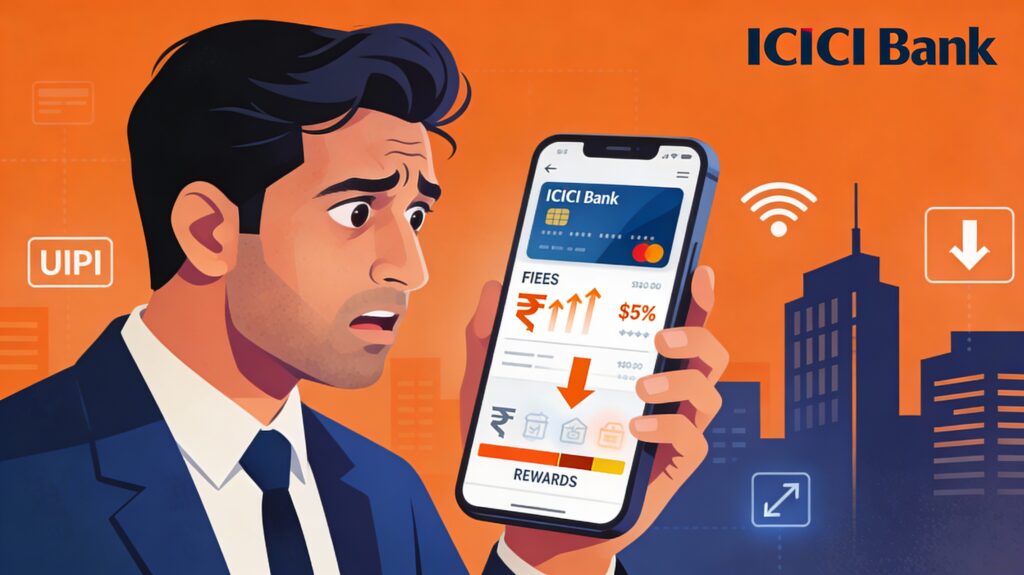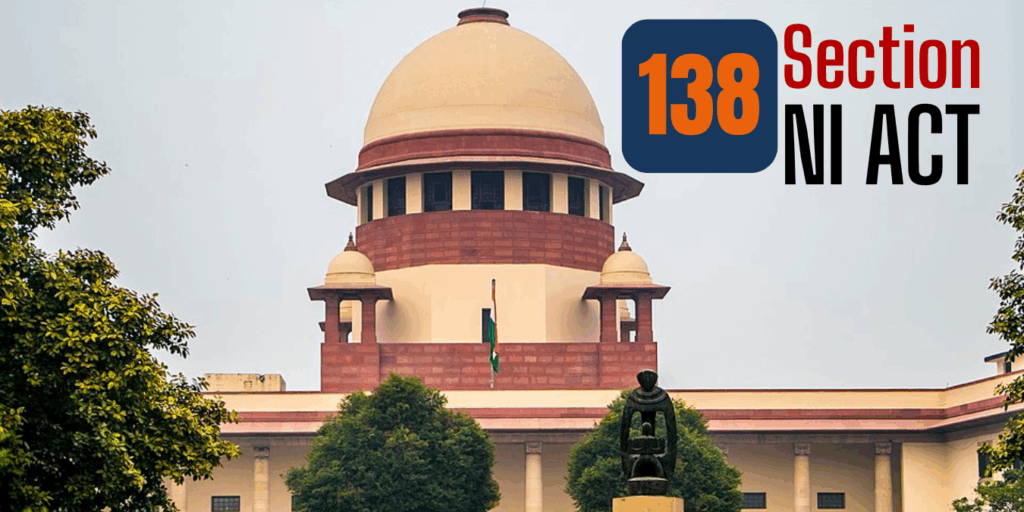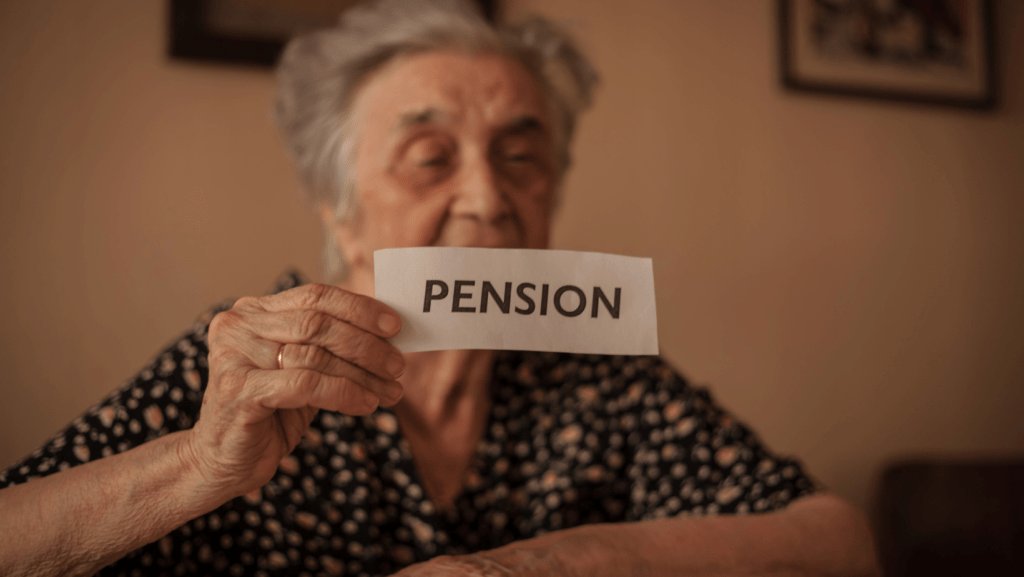
“Health insurance is a crucial safety net that provides financial protection during medical emergencies. However, the process of claiming health insurance can sometimes be fraught with challenges, including claim rejections. Understanding the reasons behind these rejections and verifying them against your policy terms is essential to ensure a smooth claim process. In this comprehensive guide, we will explore the common reasons for health insurance claim rejections, how to verify these reasons with your policy terms, and strategies to avoid claim denials.”
Health insurance claim rejections can be a significant source of stress, especially during medical emergencies. The key to avoiding such rejections lies in understanding the common reasons behind them and ensuring that your claim aligns with the terms and conditions of your policy. This blog post will provide you with detailed insights into the various aspects of health insurance claim rejections and how to navigate them effectively.
Some statistics related to health insurance claim rejections:
- Claim Denial Rates:
- According to a 2024 report by Experian Health, approximately 38% of healthcare providers reported that at least one in ten claims is denied. Some organizations experience denial rates exceeding 15%.
- A study by the Kaiser Family Foundation (KFF) found that nearly 1 in 5 in-network claims were denied by major medical insurers offering plans via the Healthcare.gov marketplace in 2021.
- Financial Impact:
- The Journal of Managed Care & Specialty Pharmacy reported that the burden of denied claims totals around $260 billion annually.
- In 2009, claims processing accounted for approximately $210 billion in wasted healthcare dollars in the U.S., which increased to $265 billion a decade later.
- Common Reasons for Denials:
- The top reasons for claim denials include missing or inaccurate data, lack of authorizations, and incomplete patient information.
- More than three-quarters of healthcare providers noted that payer policy changes are occurring more frequently, complicating the claims process.
- Patient Experience:
- A survey by The Commonwealth Fund in 2023 found that 45% of working-age adults with insurance reported receiving a medical bill or copayment charge for a service they believed should have been covered.
- According to KFF, 18% of insured adults experienced a claim denial in the past 12 months.
These statistics highlight the importance of understanding and verifying the reasons for health insurance claim rejections to minimize financial and administrative burdens. If you have any more questions or need further details, feel free to ask!
Notable trends in Indian healthcare claims that have emerged in recent years:
- Increase in Claim Volumes:
- Health insurance claims in India have increased by 30% over the past three years. This rise is attributed to escalating medical costs, seasonal illnesses, and the growing awareness and adoption of health insurance.
- Impact of COVID-19:
- The COVID-19 pandemic significantly influenced claim patterns. There was a surge in claims related to COVID-19 treatment, which also led to an increase in overall healthcare claims. Post-pandemic, there has been a noticeable shift towards claims for long-term health issues and complications arising from COVID-19.
- Digital Transformation:
- The adoption of digital tools and technologies in healthcare has transformed the claims process. Insurers are increasingly using digital platforms for claim submissions, processing, and tracking, which has improved efficiency and reduced turnaround times.
- Rise in Lifestyle Disease Claims:
- There has been a marked increase in claims related to lifestyle diseases such as diabetes, hypertension, and cardiac issues. This trend reflects the growing prevalence of these conditions in India.
- Higher Claim Settlement Ratios:
- Public sector insurers have shown higher claim settlement ratios compared to private insurers. For instance, New India Assurance achieved a claims-paid ratio of 98.74% by the number of claims. This indicates a higher likelihood of claims being settled fully by public insurers.
- Partial Reimbursements:
- Many private insurers have been noted to reimburse less than the full amount claimed. For example, some insurers cover only 60-70% of the hospital bill, leaving policyholders to bear the remaining costs.
- Outstanding Claims:
- The outstanding claims ratio, which indicates the backlog of unprocessed claims, is another critical metric. Public sector insurers generally have lower outstanding claims ratios, suggesting more efficient claim processing.
These trends highlight the evolving landscape of health insurance in India and underscore the importance of understanding policy terms and maintaining accurate documentation to ensure smooth claim processing.
Common Reasons for Health Insurance Claim Rejections
Health insurance claim denials can be frustrating, but understanding the common reasons behind them can help you avoid such issues. Here are some of the top reasons for health insurance claim denials:
- Incomplete or Incorrect Information
- One of the most common reasons for claim rejections is the submission of incomplete or incorrect information. This can include errors in personal details, medical history, or treatment information.
- Non-Disclosure of Pre-Existing Conditions
- Failing to disclose pre-existing medical conditions at the time of purchasing the policy can lead to claim rejections. Insurance companies require full disclosure to assess the risk accurately.
- Policy Exclusions
- Every health insurance policy has specific exclusions, which are conditions or treatments not covered by the policy. Claims related to these exclusions are often rejected.
- Waiting Periods
- Health insurance policies typically have waiting periods for certain treatments or conditions. Claims made during these waiting periods are likely to be rejected.
- Lapsed Policy
- If the policyholder fails to pay the premium on time, the policy may lapse, leading to claim rejections.
- Insufficient Documentation
- Proper documentation is crucial for claim approval. Missing or incomplete documents can result in claim rejections.
- Treatment Not Covered
- Some treatments or procedures may not be covered under the policy. Claims for such treatments are usually rejected.
- Non-Network Hospital
- Claims made for treatments at non-network hospitals may be rejected, especially if the policy specifies treatment at network hospitals only.
- Incomplete or Incorrect Information:
- Claims often get denied due to missing or incorrect information, such as errors in personal details, medical history, or treatment information.
- Lack of Pre-Authorization:
- Many insurance policies require pre-authorization for certain treatments or procedures. Failing to obtain this authorization can lead to claim denials.
- Incorrect Coding:
- Errors in medical coding, such as using outdated or incorrect codes, can lead to claim rejections.
- Duplicate Claims:
- Submitting duplicate claims for the same treatment or service can result in denials.
- Lack of Medical Necessity:
- Insurance companies may deny claims if they determine that the treatment or procedure was not medically necessary.
Understanding these common reasons can help you take proactive steps to ensure your claims are processed smoothly.
Verifying Claim Rejection Reasons with Policy Terms
To avoid claim rejections, it is essential to verify the reasons for rejection against your policy terms. Here are some steps to help you with this process:
- Read Your Policy Document Thoroughly
- The first step is to read your policy document thoroughly. Understand the terms and conditions, exclusions, waiting periods, and coverage details.
- Check for Specific Exclusions
- Identify the specific exclusions mentioned in your policy. Ensure that your claim does not fall under these exclusions.
- Verify Waiting Periods
- Check the waiting periods for various treatments and conditions. Ensure that your claim is made after the waiting period has elapsed.
- Ensure Accurate Information
- Double-check all the information provided in your claim form. Ensure that there are no errors or discrepancies.
- Maintain Proper Documentation
- Keep all necessary documents ready, including medical reports, bills, and prescriptions. Ensure that these documents are complete and accurate.
- Confirm Network Hospitals
- Verify whether the hospital where you received treatment is part of the insurance company’s network. If not, check if your policy allows claims for non-network hospitals.
- Check Policy Status
- Ensure that your policy is active and premiums are paid on time. A lapsed policy can lead to claim rejections.
Strategies to Avoid Health Insurance Claim Rejections
- Disclose All Medical Information
- Be transparent about your medical history and pre-existing conditions when purchasing the policy. This helps the insurance company assess the risk accurately and avoid future claim rejections.
- Understand Your Policy
- Take the time to understand your policy’s terms and conditions. Knowing what is covered and what is not can help you avoid claim rejections.
- Keep Track of Premium Payments
- Ensure that you pay your premiums on time to keep your policy active. Set reminders or opt for automatic payments to avoid lapses.
- Choose Network Hospitals
- Whenever possible, choose hospitals that are part of your insurance company’s network. This can simplify the claim process and reduce the chances of rejection.
- Maintain Accurate Records
- Keep accurate records of all medical treatments, prescriptions, and bills. Proper documentation is crucial for claim approval.
- Seek Professional Help
- If you are unsure about the claim process or face difficulties, seek help from insurance advisors or professionals. They can guide you through the process and help you avoid common pitfalls.
Steps to Appeal a Health Insurance Claim Rejection
Appealing a health insurance claim rejection can be a structured process. Here are the steps you can follow to appeal a claim rejection effectively:
- Understand the Reason for Denial:
- Carefully review the Explanation of Benefits (EOB) or denial letter from your insurance company. This document will outline the specific reasons why your claim was denied.
- Gather Necessary Information:
- Collect all relevant documents, including medical records, bills, and any correspondence with your insurance company. Ensure you have a copy of your insurance policy to reference the terms and conditions.
- Contact Your Healthcare Provider:
- Speak with your doctor or healthcare provider to understand if there were any errors in the claim submission. They can provide additional documentation or clarification if needed.
- Submit an Internal Appeal:
- Write an appeal letter to your insurance company. Include your policy number, claim number, and a detailed explanation of why you believe the claim should be covered. Attach all supporting documents.
- Follow the specific instructions provided by your insurer for submitting an internal appeal. This may include filling out specific forms or submitting the appeal within a certain timeframe.
- Follow Up:
- After submitting your appeal, follow up with your insurance company to ensure they have received all necessary documents. Keep records of all communications.
- Request an External Review:
- If your internal appeal is denied, you have the right to request an external review. This involves having an independent third party review your case. The decision made during an external review is binding on the insurance company.
- Contact Regulatory Authorities:
- If you believe your claim was unfairly denied, you can contact your state insurance department or regulatory authority for assistance. They can provide guidance and may intervene on your behalf.
Tips for a Successful Appeal
- Be Thorough: Ensure all information and documentation are complete and accurate.
- Be Timely: Submit your appeal within the deadlines specified by your insurance company.
- Be Persistent: Follow up regularly and keep detailed records of all interactions with your insurer.
- Seek Professional Help: If needed, consider consulting with a healthcare advocate or attorney who specializes in insurance claims.
By following these steps and being diligent in your approach, you can improve your chances of successfully appealing a health insurance claim rejection.
Health insurance claim rejections can be frustrating, but they are often avoidable with the right knowledge and preparation. By understanding the common reasons for claim rejections and verifying them against your policy terms, you can ensure a smoother claim process. Remember to disclose all relevant information, maintain accurate records, and seek professional help when needed. With these strategies, you can minimize the chances of claim rejections and make the most of your health insurance coverage.
-
Best Mutual Funds to Hold During Market Volatility
Sensex just crashed 1,000 points. FIIs are selling billions. Crude is surging. And yet — certain mutual funds
-
SEBI Eyes Boosting Corporate Bond Market with New Indices and Derivatives Alongside RBI
SEBI’s bombshell plan with RBI: New bond indices & derivatives to supercharge India’s sleepy ₹54L Cr corporate debt
-
Why GIFT Nifty Down 290+ Points Today Amid US-Iran Conflict and Oil Surge
GIFT Nifty collapsed 290 points before markets even opened. A weekend military strike changed everything. Crude oil is
With over 15 years of experience in Banking, investment banking, personal finance, or financial planning, Dkush has a knack for breaking down complex financial concepts into actionable, easy-to-understand advice. A MBA finance and a lifelong learner, Dkush is committed to helping readers achieve financial independence through smart budgeting, investing, and wealth-building strategies, Follow Dailyfinancial.in for practical tips and a roadmap to financial success!
































